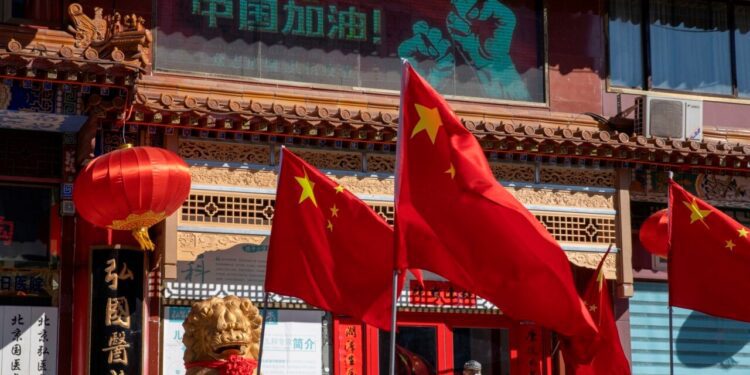China recently introduced draft regulations to tackle potential overproduction in its battery sector, marking a shift from its previous denial of such issues. These regulations could have a significant impact on the global electric vehicle (EV) market, which heavily relies on China for its battery supply.
The proposed regulations aim to oversee the sector responsible for producing batteries for electric vehicles and solar cells, enforcing stringent technical and environmental standards for battery manufacturing. The focus is on balancing economic growth with environmental conservation, ensuring that all batteries are recyclable and produce minimal waste.
Predictions suggest that by 2023, China may exceed global battery demands, signaling a risk of overproduction. This surplus could affect industries where China holds a competitive edge, such as high-value goods, construction materials, and battery manufacturing. However, effectively managing this surplus could enhance China’s global market position and bolster economic stability.
Louise Loo, a chief economist at Oxford Economics, argues that China’s periodic excess supply drives down prices for global manufacturing competitors.
Draft regulations as a turning point for China’s EV battery industry
She attributes this to China’s internal economic challenges, suggesting that it might not be a long-term issue. As China’s economic situation improves, the production of goods could decrease, leading to a more balanced global supply and demand equilibrium.
Global concerns about China’s production practices have heightened, particularly among Western nations striving to enhance local battery production through government support. Critics warn that China’s strategies could impede fair competition and the worldwide shift towards clean energy.
China’s global battery production capacity is expected to decline in the future. While this decline presents an opportunity for Western nations to expand their own battery production, it also poses a significant challenge. This underscores the importance of technological innovation and resilient supply chains to adapt effectively to global manufacturing changes.


